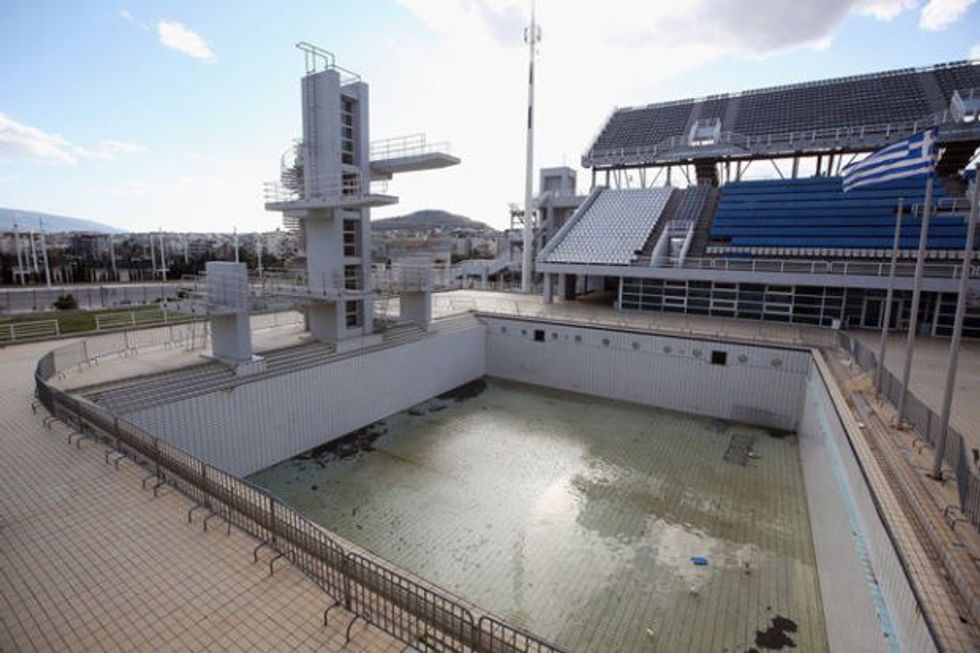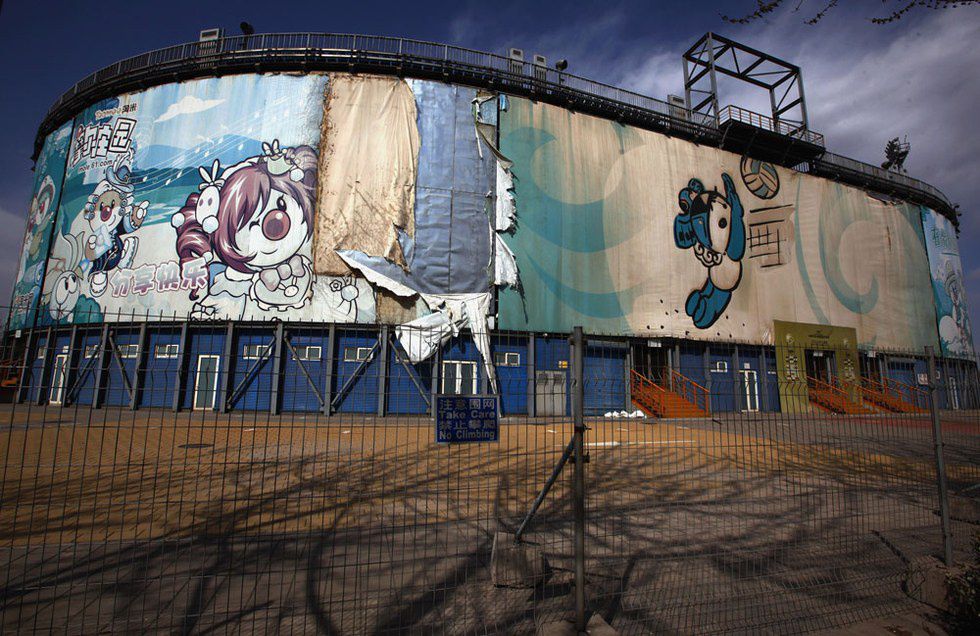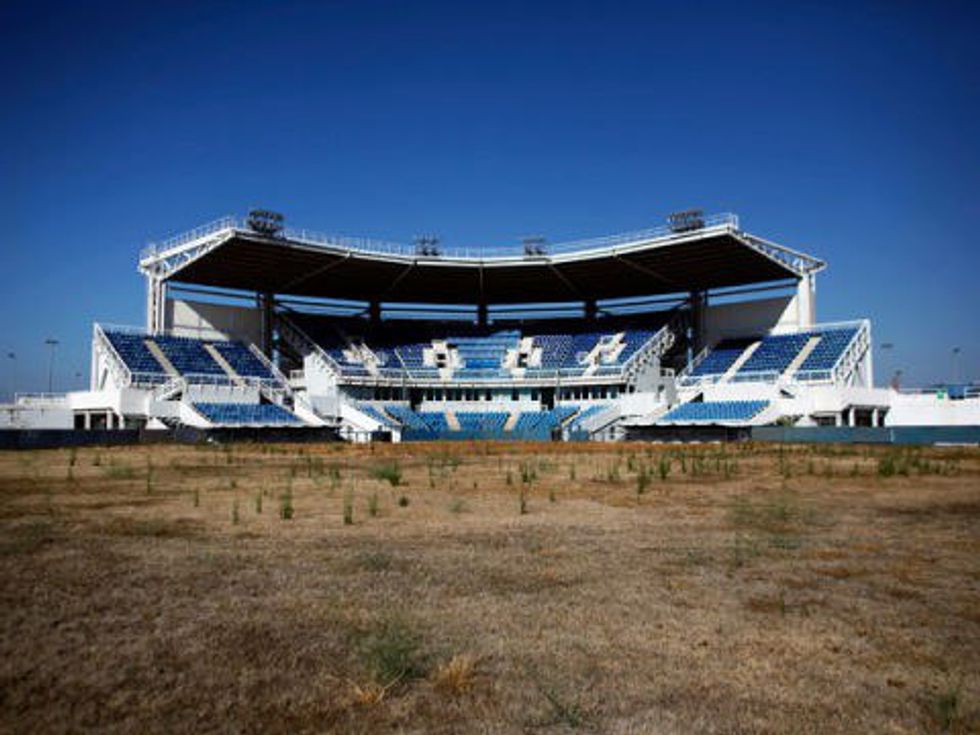A gypsy family camps outside of the once gleaming beach volleyball venue in Athens. Now 12 years later, the vacant stadium serves solely as a reminder of the broken dreams of the Greek government. The pool where 19-year-old Michael Phelps won six medals, shocking the world, now lies drained and stained. The Greek government has quickly realized that Grecians have no use for a canoe and kayak center. Athens is the epitome of countries caught up in the excitement of planning for the Olympics, that they often forget that they are not only planning for the event itself, but for life after the spectators go home.
Every two years the world rallies around the achievements of the globe’s most prominent athletes. Athletic competition momentarily supersedes international conflict as the world turns its attention to some of the greatest athletic accomplishments of modern day.
When bidding for the opportunity to host the Olympics, countries often present their argument as a chance to increase the nation’s prosperity. They claim that hosting the Olympics will provide economic benefits by:
1. Encouraging the development of infrastructure
2. Increasing tourism
3. Assisting with the revitalization of the country itself.
However, these visions are often not materialized.
“Spending lavishly on a short-lived event is a dubious long term strategy,” Philip Porter, an economist at the University of South Florida, said. “The bottom line is that there is no change in economic activity.”
Although there are few examples of countries that have benefited economically from hosting the Olympics, the 1996 Atlanta Olympics stands as a model for hosting the event. The sponsorship of the games was corporately funded by Coca-Cola, leaving Georgia residents with no debt from the event. The venues were also built with the intent for use long after the last medal had been won. Georgia Tech University now operates the pool, as well as the Olympic Village, which is used for student housing.
This is not the case for a majority of host cities.
The International Olympic Committee writes in their clause: “The IOC shall have no financial responsibility whatsoever in respect of the organization and staging of the Olympic games.”
This leaves all financial responsibility to the host country, which often times greatly increases the taxes of citizens.
Janice Forsyth, the director of International Center for Olympic studies at University of West Ontario, said that the Games are always a loser for the public, who pay for the majority of the cost. National and local governments are often left to pay the debts from the Olympics for years, if not decades.
The 2004 Athens Olympics were $15 billion over the initial $1.6 billion budget, according to economist Andrew Zimbalist. This amounted to nearly $50,000 for each Greek household, who are still paying the bill 12 years later. 21 of the 22 venues lie abandoned, however even these empty lots have cost Greece $500 million in maintenance since the closing ceremony.
“We didn’t find a plan for the post-Olympics development of the venues,” Fani Palli-Petralia said. “When a city gets the Games, it should make a business plan for big changes and then decide what the country needs for the day after the Olympics. This did not happen.”
Now Greece is scarred with the empty stadiums that represent an over zealous vision. The glory and pride once associated with the venues has rotted away with the façade and the reminder of financial burden is as evident as the impeding vines intertwined in the stadium seats.
“These empty stadiums represent a nation so caught up in desire to prove it was ‘modern’ that the true cost of such Olympian vanity was overlooked,” Andrew Malone wrote in his 2008 article.
Athens serves as a warning to future host countries. The 2016 Rio De Janeiro Olympics are approaching, and construction is underway. However, Rio is in the midst of its worst recession since the 1930s, after losing a third of its value this year, with gross domestic product down and inflation at nearly 10 percent.
With Brazil known for its ostentatious festivals, there is an expectation of the flamboyant culture to flow into the Olympics. Will Brazil heed the warning of Athens or strive to impress the world with lavish spending?
Every country wants to boast the most elaborate, modernized Olympics in history, but at what cost?





























